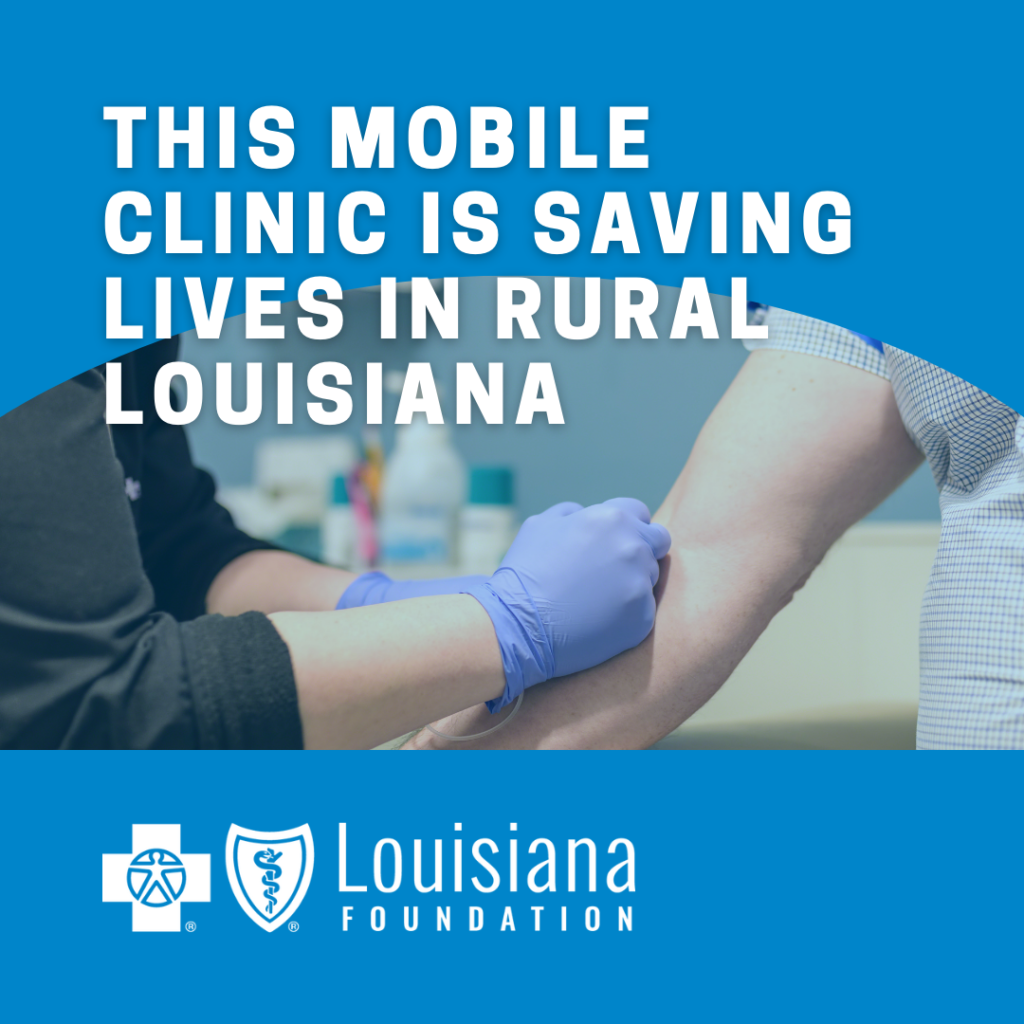Today, I’m sharing a video about a grant we funded to expand mobile cancer screening in the Louisiana Delta region. No, mobile health clinics are not new. In fact, similar programs have been run by our grant partner Mary Bird Perkins for many years. But in the face of persistent gaps in screening and care, we think bringing resources to where people are is more important than ever, particularly in rural and low-income areas.
Why? Take a look at this landmark study from 2015 on why people avoid care from The Journal of General Internal Medicine. It was the first of its kind to a) purposefully seek diverse voices, whereas most studies on barriers to care had predominantly focused on white populations, and b) allowed participants to give open-ended questions instead of choosing from a pre-selected list.
Unsurprisingly, the three biggest issues are:
- The traditional barriers to care: Cost and time – the perception that care is too expensive and will take time away from work, family, and other obligations.
- Negative opinions about getting care: Not knowing or trusting the doctor, believing clinics are disorganized, and not wanting bad news.
- Low perceived need to getting care: People believing that they are healthy and that, if they wait, any issue will get better.
In rural settings, particularly where poverty is extreme, each one of these factors compounds when the closest doctor is 20+ miles away. And with cancers, where an early detection is key, there can be significantly better outcomes when screenings come directly to communities.
We funded Prevention On the Go in March 2020 – it was one of the last community announcements we made before the pandemic changed the world for all of us. Thankfully, so many organizations stepped up to provide care during the assistance, including telehealth and mobile outreach.
However, as the world moves towards our next normal, pressing issues will remain — particularly disconnected areas where there isn’t a substantial health infrastructure. That makes it all the more essential that we continue to invest in health services that people can access, particularly in rural and high-needs areas. Mobile clinics are a key part of connecting with people locally, helping diagnose problems early and facilitating connections to life-saving care.
While our next grant deadline isn’t until June, the Blue Cross Foundation continues to seek partners addressing the social determinants of health, particularly in places where health infrastructure isn’t as robust or accessible as others. If you’d like to connect with us to discuss a project, please reach out!
Sincerely,
Michael Tipton
President, BCBSLA Foundation
Head of Community Relations
michael.tipton@bcbsla.com
